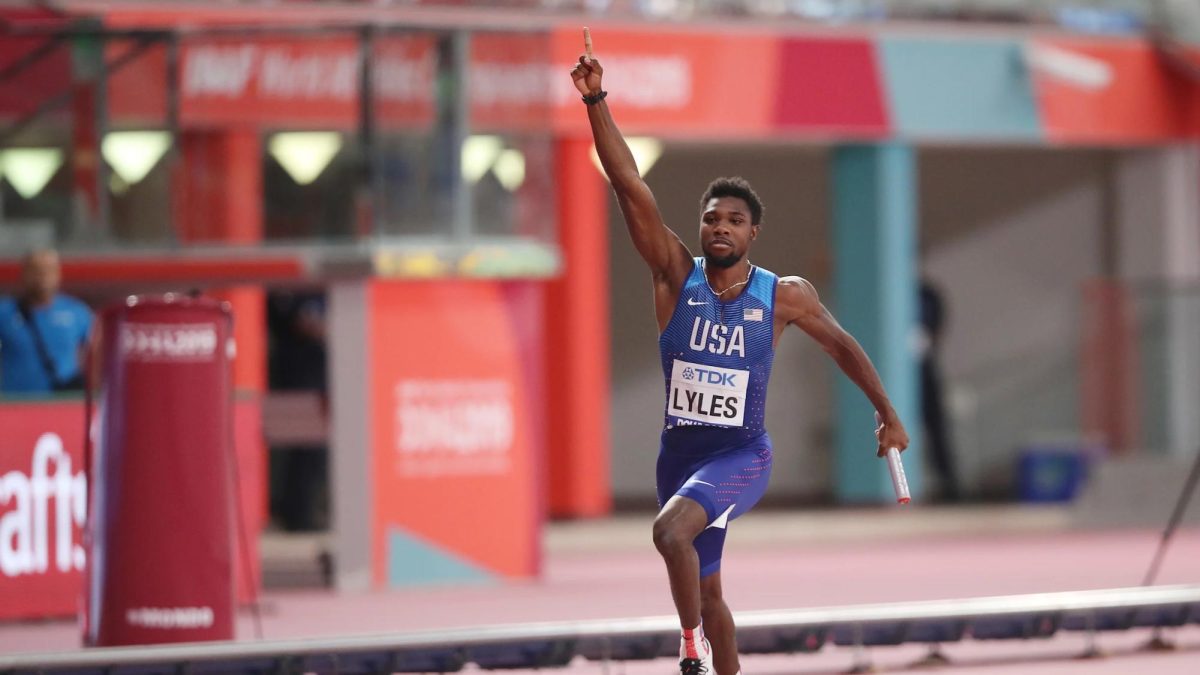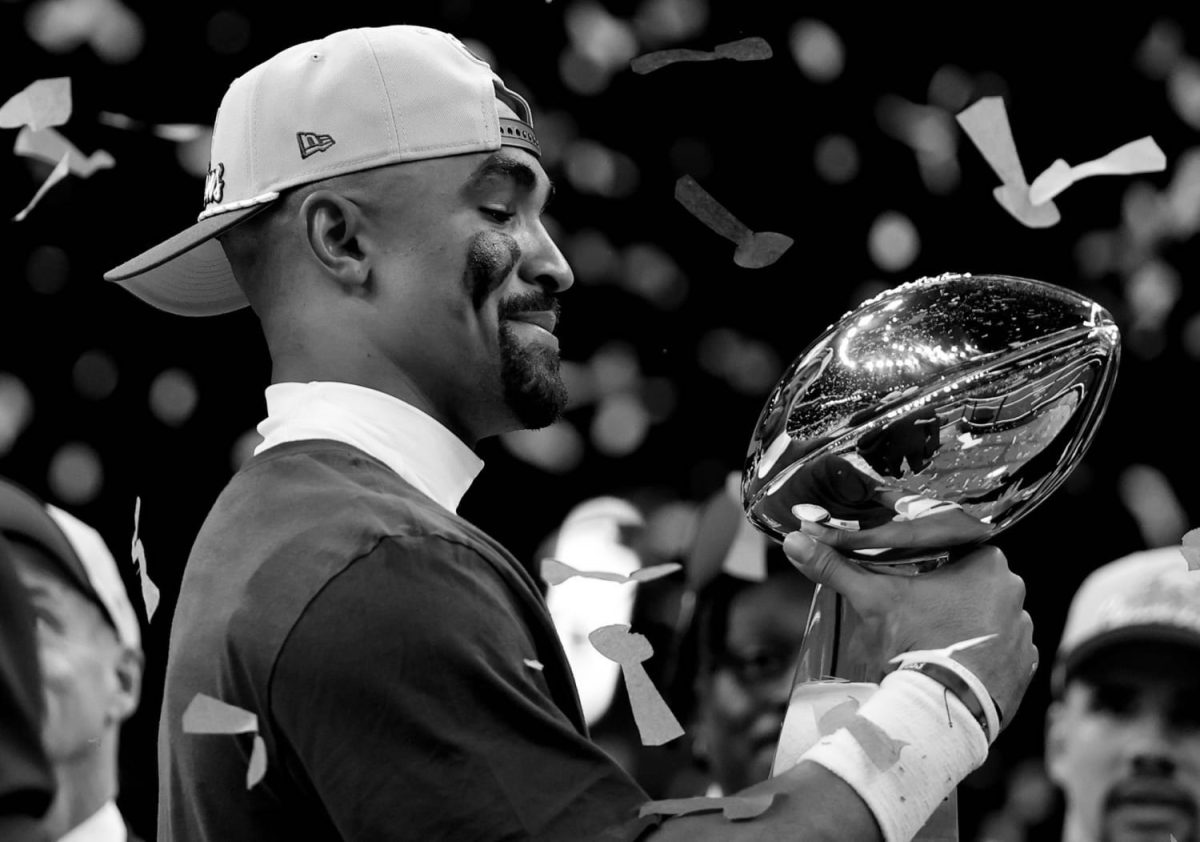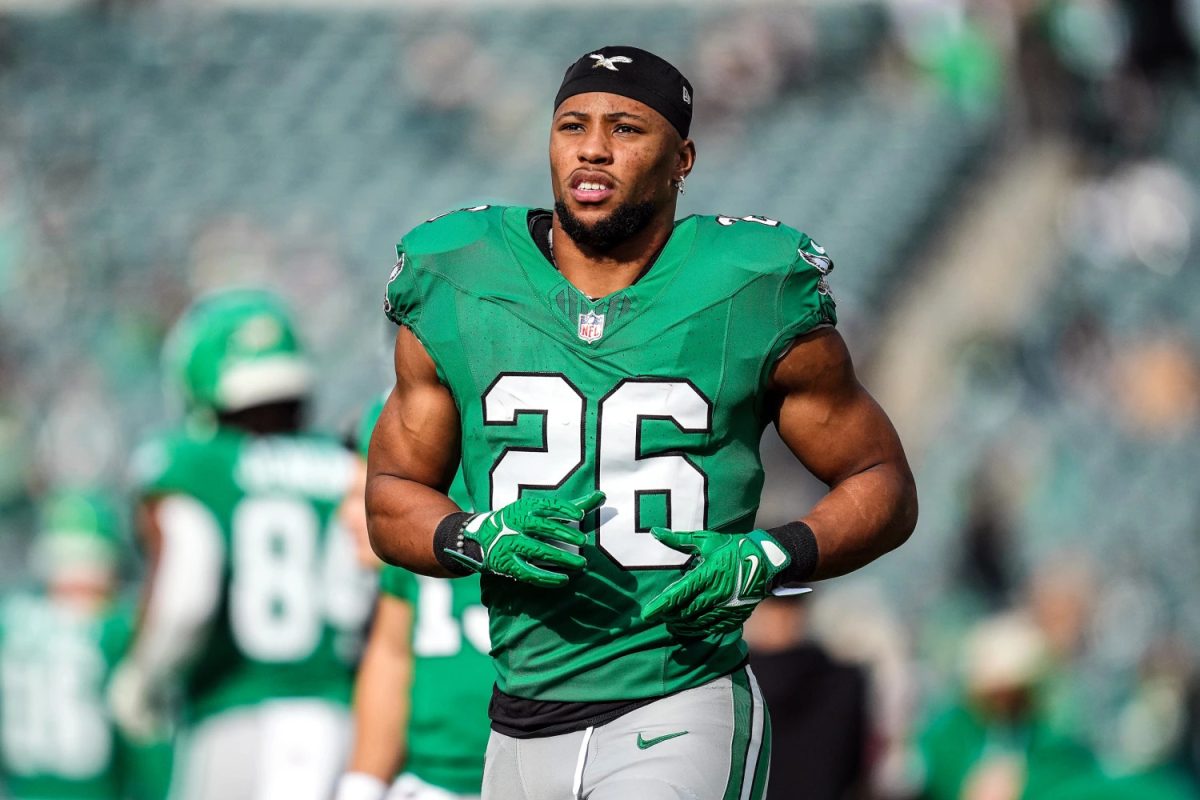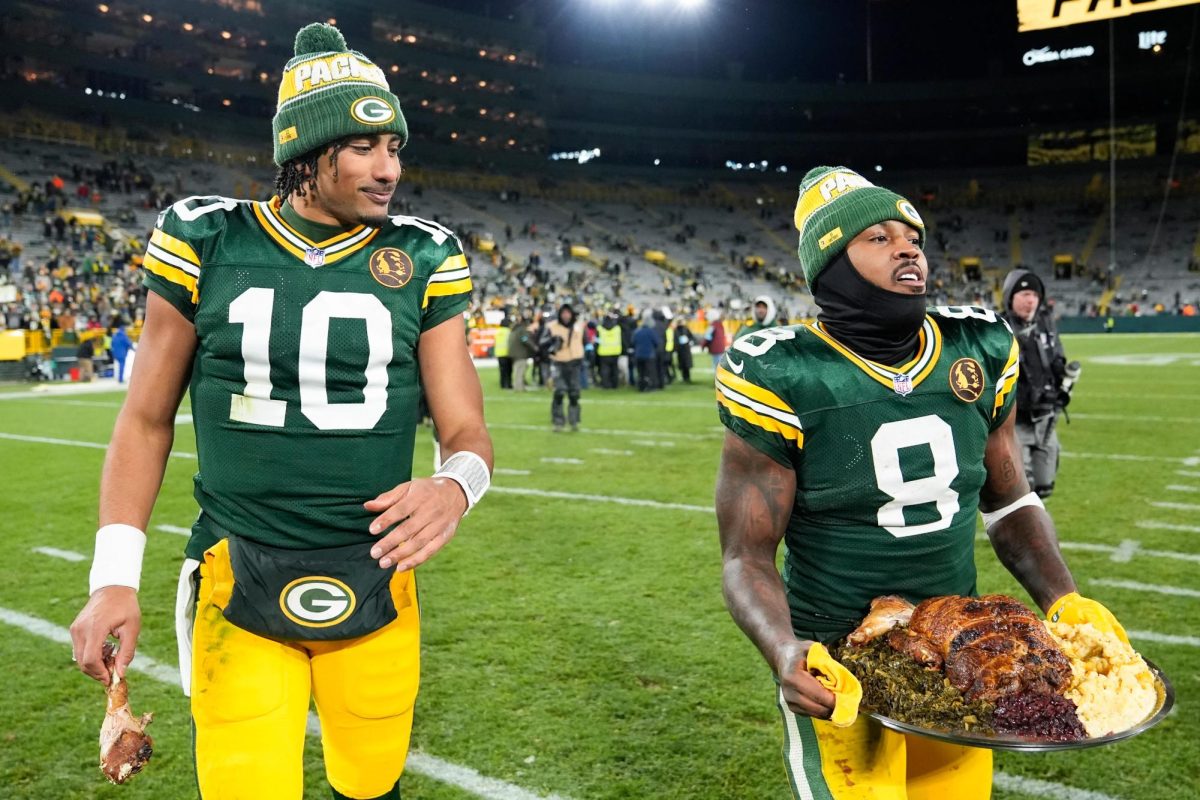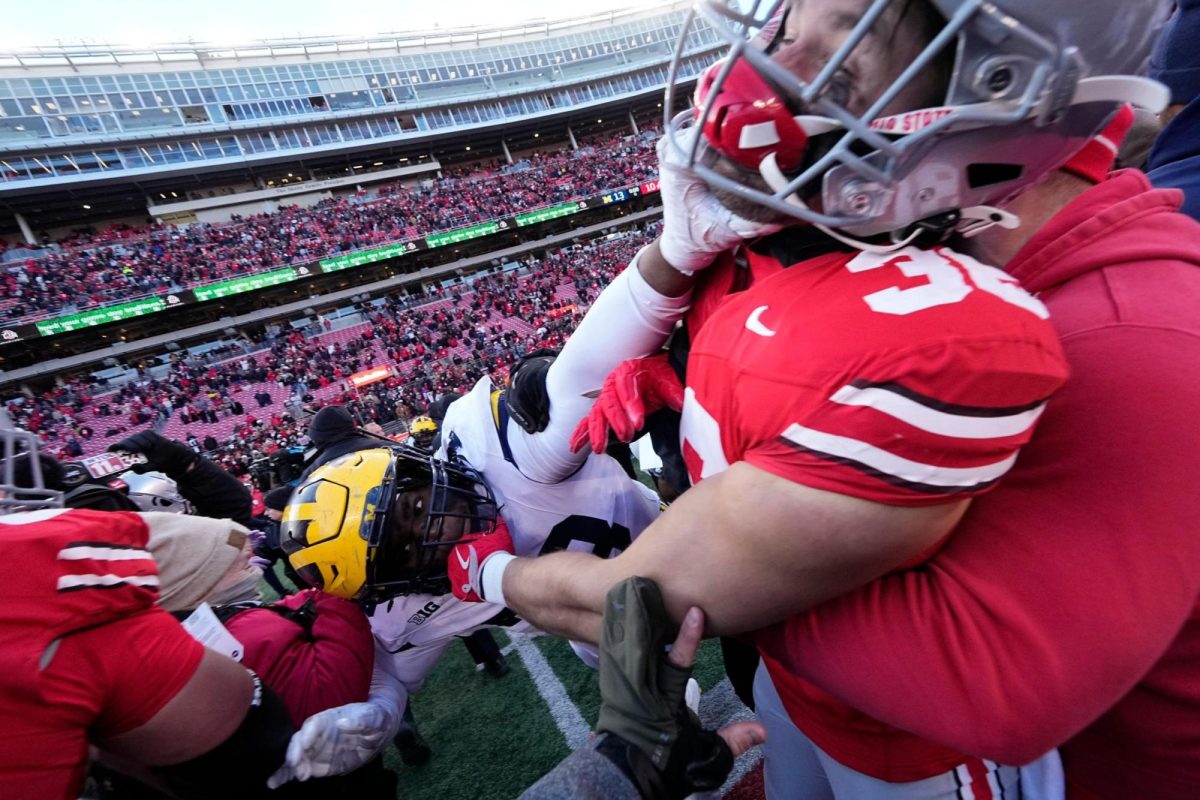The World Athletics Championships for track and field took place from Aug. 19–27 in Budapest, Hungary, where many athletes representing the United States gave incredible performances. Sha’Carri Richardson, 23, ran the women’s 100-meter race and set a championship record with a time of 10.65 seconds.
Another U.S. athlete who performed incredibly well was Noah Lyles in the men’s 100-meter and 200-meter races. Even though Lyles, 26, gave stellar performances in his events, his offtrack press conferences were controversial, to say the least. After one of Lyles’ events, he discussed what it means to him to be a world champion.
“You know the thing that hurts me the most is that I have to watch the [National Basketball Association] Finals and they have ‘world champion’ on their head,” Lyles said. “World champion of what? The United States? Don’t get me wrong. I love the U.S. at times, but that ain’t the world. That is not the world. We are the world. We have almost every country out here fighting, thriving, putting on their flag to show that they are represented. There ain’t no flags in the NBA.”
To some, Lyles’ comments naturally make sense. Teams within the U.S. compete only within its borders, except for a few Canadian teams. Lyles mentioned how he competes against other countries, as his rivals represent different flags from around the world. Nevertheless, many athletes disliked Lyles’ comments, especially NBA stars like Kevin Durant, Devin Booker, Draymond Green, and Damian Lillard. They reacted disappointedly towards Lyles, claiming they earned the right to call themselves world champions because they play in the world’s best basketball league.
While claiming the NBA is the best basketball league might be valid, it’s still ignorant toward other countries with distinguished basketball leagues. European basketball is extremely competitive; many NBA players came from European leagues, including France’s Tony Parker and Spain’s Pau Gasol, both of whom are Hall of Fame members. Even young players are competing in other countries to achieve their basketball goals, such as rising stars Luka Dončić and LaMelo Ball. When the U.S. basketball team plays in world competitions, they sometimes face difficulty against European and South American teams. Winners of other basketball leagues around the world don’t call themselves world champions — the label seems to only be a U.S. phenomenon.
Three sports within the U.S. call themselves world champions: basketball, baseball, and American football. Although basketball and baseball have internationally recognized leagues, American football isn’t regularly played in other countries. However, international leagues are forming quickly in Europe, Asia, and South America. The National Football League is making an effort to reach international audiences and recently started to schedule games in Mexico, Germany, and England.
Alternatively, baseball has involved audiences in countries all over Central America, with over 30 percent of MLB players coming from Hispanic/Latino backgrounds. In the World Baseball Classic, the equivalent of a baseball World Cup in which 20 teams compete, the U.S. lost to Japan in the final and Hispanic countries Cuba and Mexico made the semifinals. Nevertheless, the best players from each of these countries play for baseball teams within the U.S. Just like baseball, the best basketball players from international leagues and countries often end up in the NBA.
If the best players from each country play in U.S. leagues, does that give them the right to call themselves world champions? Regardless of international players’ interests in the U.S.- based leagues, that doesn’t mean they are world champions. First, U.S. teams are from different cities within each state, so there is no direct representation of other countries. Also, as previously mentioned, the majority of the players within these leagues are from the U.S.
Not even the most significant leagues in other countries call themselves world champions. For example, the biggest soccer league in the world that is not global is the Union of European Football Association Champions League. Here, the best clubs from different cities within Europe compete. The winners call themselves European champions.
Coming from an international background, I have felt this U.S. hegemony over the world of sports from the outside, and it can come across as ignorant. It also affects other industries, such as film and music. The Oscars, for example, are still dominated by Americans and have specific categories and awards for movies from other countries. Additionally, the Grammys and Emmys are still won primarily by Americans, relegating music from other countries to particular categories.
In a recent conversation about Lyles’ comments with friends from back home, we came across an interesting theory as to why some sports in the U.S. feel like they have the right to call themselves world champions. Being from Mexico, we’ve noticed how Americans have been involved in some sport, whether varsity or recreational, since they were kids. People have full-time coaching jobs, and the amount of money spent on careers since childhood is awe-inspiring. It’s no secret that sports are a big part of the culture within the U.S.
In Mexico City, sports are not pushed in that way; we do have school sports, but the inherent training and the seriousness of such teams is nowhere near the U.S. Naturally, a lot of money is injected into these programs, making the market of American sports unlike any other in the world. This led to kids in Mexico City dreaming about coming to the U.S. to play sports and being able to make a life out of it. Ultimately, the sports industry is also part of “The American Dream.”
Even in the world track and field championships, the countries with the most money win the most. This is prevalent in the Olympics — the amount of medals won by first-world nations is significantly higher than the rest.
In the end, regardless of the money, popularity, and market of U.S. sports leagues, they do not have the right to call themselves world champions. The claim is disrespectful to international athletes who compete in their own countries’ leagues and to athletes like Lyles, who take part in competitions where countries are represented rather than cities. Lyles’ comments challenge U.S. athletes to reconsider their position in the world and evaluate whether calling themselves world champions is true.


